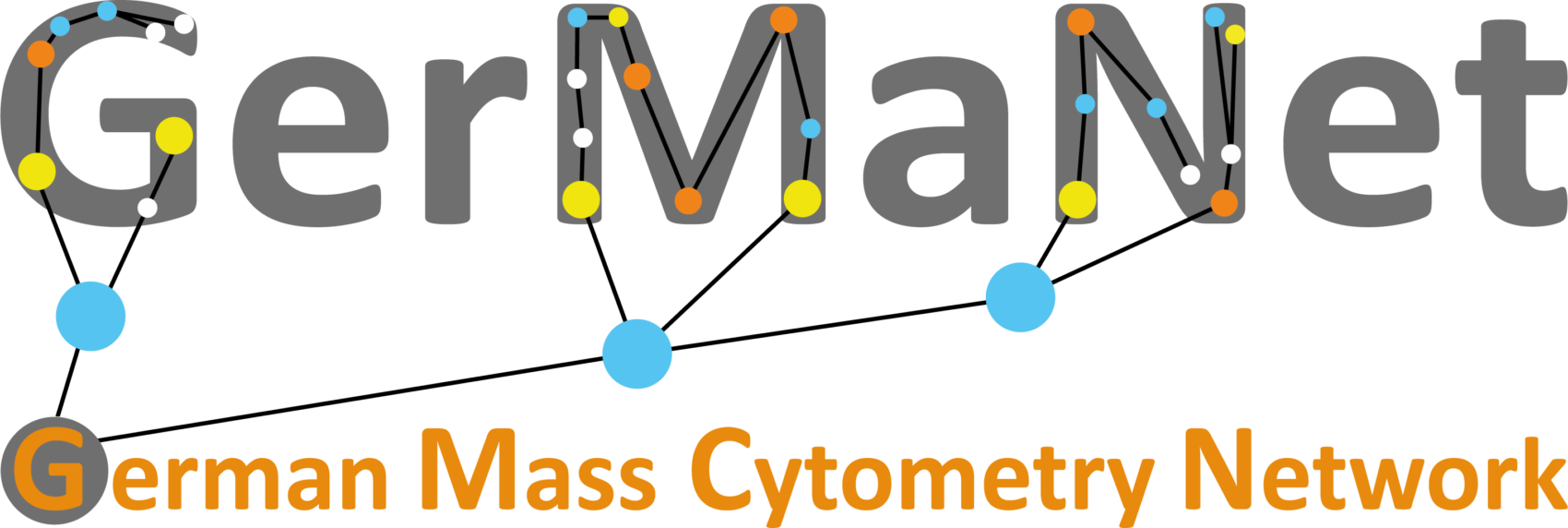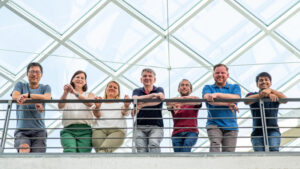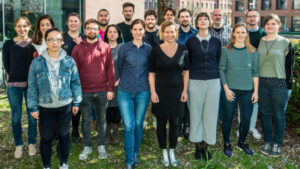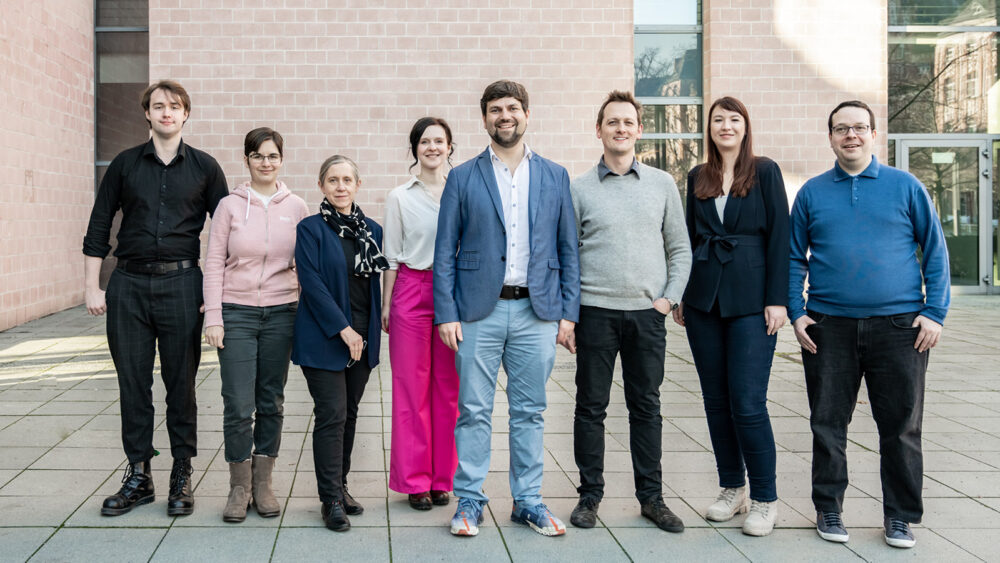

Mass Cytometry
Each cell is unique
For more information please contact
Axel Schulz
phone: +49(0)30 28460 714
email: masscytometry@drfz.de
For more information please contact
Axel Schulz
phone: +49(0)30 28460 714
email: masscytometry@drfz.de
Mass cytometry permits deep cellular phenotyping in clinical immunology and basic research, with more than 50 parameters that can be measured simultaneously in a single assay. This is achieved by combining principles of flow cytometry and inductively coupled plasma mass spectrometry (ICP-MS), a technology that has been developed for trace metal analysis.
Using mass cytometry, we perform biomarker discovery studies in several cohorts of patients with different chronic inflammatory diseases such as rheumatoid arthritis, SLE, and inflammatory bowel diseases. We follow the idea that the blood cytome contains important yet covered information about the patient’s condition and response to future therapy. We pursue cytomics to achieve precision medicine in the treatment of chronic inflammation and aim at developing a diagnostic that can be used to select only effective treatments – individually for each patient.
In basic research, we use mass cytometry to capture the diversity of different cell types implicated in chronic inflammatory processes such as T and B lymphocytes, plasma cells and myeloid immune cells. Such diversity relates to e.g. states of cell differentiation and activation, migration and adhesion, apoptosis and survival. Understanding the complexity of cellular systems and provides new insight into the homeostasis and dynamics of immunity, which are of particular interest in cases of specialized lymphocytes bearing protective vs. autoreactive immune memory, and of immune cells that fuel acute inflammation such as monocytes.
To serve these aims at maximum quality, we strive for improving mass cytometry endeavours by developing and improving cell sample barcoding, expanding the measurement capacity by generating new probes and by developing and validating accessory techniques to minimize experimental variations such as cell preservation and antibody cocktail lyophilisation. Implementing these features helps to improve the accuracy of measurements and the interpretation of highly complex multi-dimensional datasets by downstream computational analyses.
The DRFZ mass cytometry unit serves a variety of internal and external collaborations and is an active part of the worldwide mass cytometry community. The DRFZ spearheads the German Mass Cytometry Network (GerMaNet) that was established in 2017.
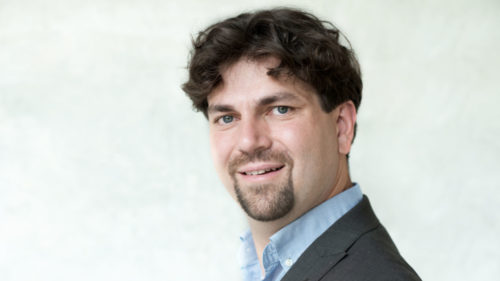
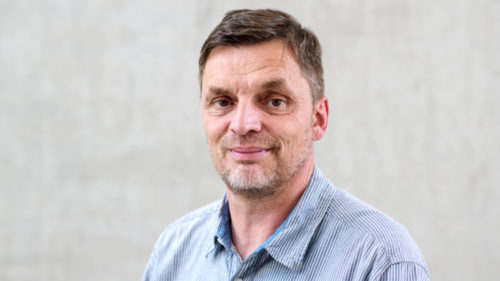
Group Leaders
Dr. rer. nat. Henrik Mei
Dr. rer. nat. Andreas Grützkau
Scientists
Dr. rer.nat. Axel Ronald Schulz
PhD students
Antonia Niedobitek
Marie Urbicht
Bachelor/Diploma/Master Students
Vera Bockhorn
Bioinformatician
Sebastian Ferrara
Technicians
Heike Hirseland
Lisa-Marie Diekmann
Students
Jonas Walther
Leo Fiebig
- Prof. Holden Maecker, HIMC / Microbiology & Immunology, Stanford, USA
- Dr. Norbert Jakubowski, Dr. Jochen Vogl, BAM, Berlin
- Prof. Andreas Krause, Dr. Julia Patermann, Immanuel Hospital Berlin-Wannsee
- Prof. Guido Heine, Prof. Bimba Hoyer, Prof. Stefan Schreiber, Univ. Klinik Schleswig-Holstein, Kiel
- Prof. Margitta Worm, Dr. Tobias Alexander,Prof. Falk Hiepe, PD Dr. Thomas Häupl, Dr. Till Sörensen, Dr. Melanie Conrad, PD Dr. Philipp Enghard, Dr. Samuel Knauss, Dr. Wolfgang Böhmerle, Dr. Chotima Böttcher, Prof. Joseph Priller, Charité Berlin
- Dr. Désirée Kunkel, BCRT Berlin / BIH Berlin
- Dr. Sonja Gavasso, Bergen
- Prof. Hassan Jumaa, Ulm
- Prof. Michael Lohoff, Prof. Magdalena Huber, Marburg
- Prof. Friederike Berberich-Siebelt, Würzburg
- Prof. Manfred Claasen, ETH Zürich
- Prof. Yvan Saeys, Univ. Genth, Belgium
- nanoPET GmbH

 Deutsch
Deutsch
